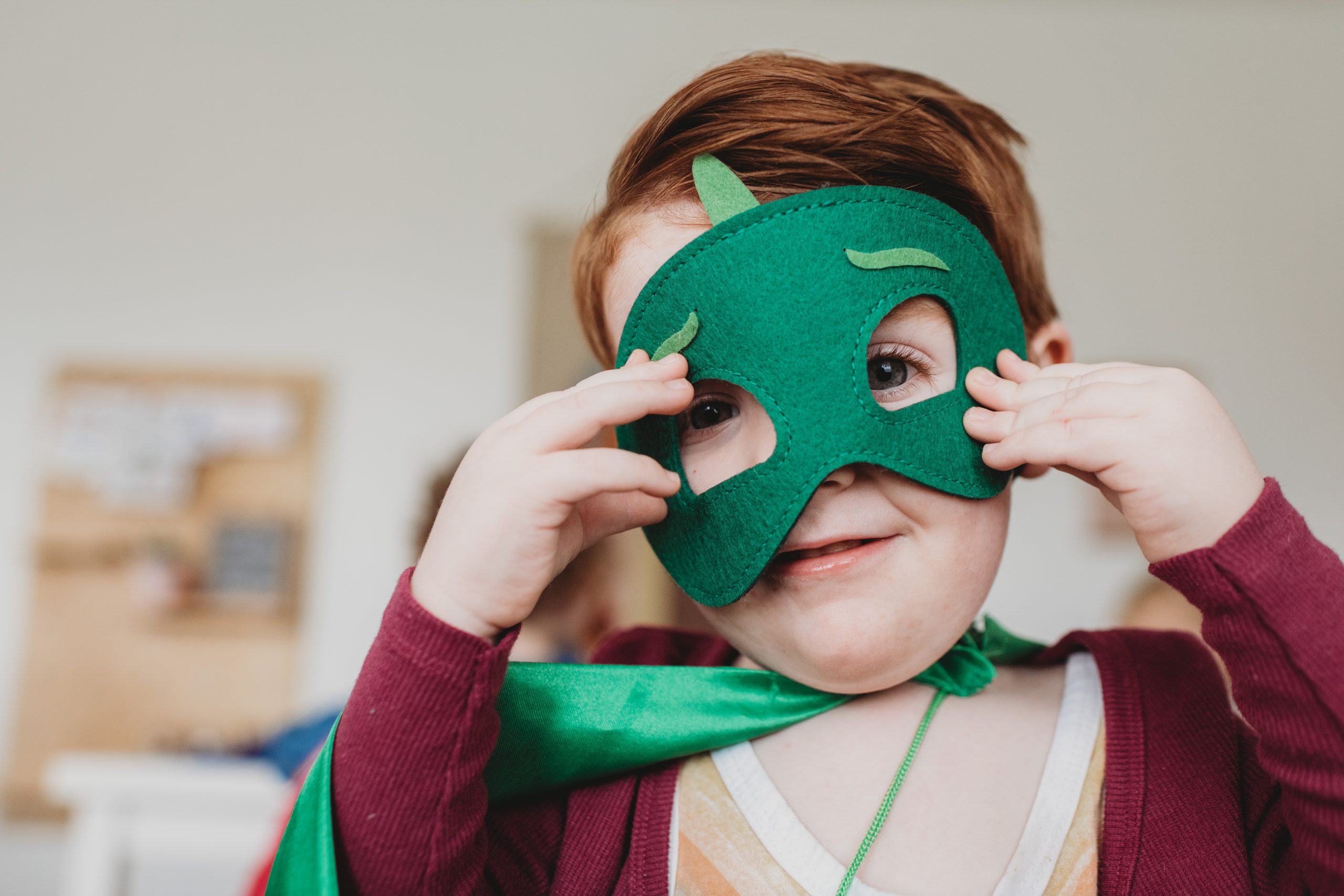I am finding the discussions around the Dalai Lama asking a young boy to suck his tongue fascinating. Some people saying that he was being playful, to others saying it is an abuse of power, to others reflecting on Tibetan culture. Whether it was playful, an abuse of power, or a cultural norm – the boy did not consent. To what degree, in this situation, does a child even have capacity to give consent?
Answer…in the eyes of the law in the UK, they don’t.
Consent. What does it even mean? Let’s have a look at the FRIES model of consent:
Freely Given
Reversible
Informed
Enthusiastic
Specific
I’ll zoom in on freely given – this young boy was sat with a man of power in front of an audience of adults. He was told to suck the Dalai Lama’s tongue, not given a choice, and I imagine he would have felt a lot of pressure to comply with the Dalai Lama’s request. He was being the good boy, doing as he was told, pleasing the adults. If the situation was to slow right down and he was given the choice to suck the Dalai Lama’s tongue, I wonder what the child would have said?
Let’s have a look at enthusiastic consent – this means that consent is given when someone is communicating a clear yes either verbally and/or with their body language. The young boys natural response to the request was to pull away, the Dalai Lama did not attune to this and even pulled the boys face in closer to his.
The boy did not consent.
I recently presented at the Sex Lectures and talked about building a culture of consent for children, teenagers and young adults. As part of the presentation I explained why it is important to teach children consent skills and body boundaries which includes unwanted touch such as tickling, hair touching and hugging. A cultural shift is needed around touch and children, not just for children to learn but also for adults to have a deeper understanding of the negative impact that unwanted touch can have. Consent is for everyone, everyday.
“Consent culture should start with children. I believe one of the biggest mistakes we make as parents is teaching children to ignore their personal boundaries. ”
Akilah S. Richards, author of Raising Free People
The workshops I have designed for children and young people focus on embodiment, attunement and communication and uses play, art, storytelling and movement to integrate the learnings. I’m very much of the belief that prevention is better than a child needing to see a professional when something has gone wrong.
Boundaries! This is such a common subject that comes up in my psychosexual practice with adults. I believe, one of the keys to having an awakened sex life is to understand your own boundaries and to be able to go at the pace of your most vulnerable parts. Generally we are not taught decent body boundaries as kids, so this inevitably shows up later in life, whether that is at work, with friends or with an intimate partner in the bedroom. That is why I feel super passionate about supporting children and young people to have a deeper sense of themselves and their boundaries, helping them to feel safe to access and communicate their authentic yes, no and uncertainty in everyday life.
For more info on my work with children and young people visit www.EshanaSpiers.com/young-people-consent



